 I found it very odd that Antiques Roadshow and Mythbusters were nominated for the reality TV category at the Emmy Awards. Based on the vocabulary I grew up with, these are not ‘reality TV’.
I found it very odd that Antiques Roadshow and Mythbusters were nominated for the reality TV category at the Emmy Awards. Based on the vocabulary I grew up with, these are not ‘reality TV’.
I doubt many of us over a certain age would think of The Gong Show or New Zealand’s Top Town as reality TV. Or Britain’s Got Talent. By this token, is Top Gear a reality show? It is, after all, filmed in the real world.
I would, however, classify the usual Survivor or The Apprentice as reality TV: shows that have very little reality to them thanks to editing and sensationalism. There should be as little scripting as possible.
The term reality TV might stem from the fact that if you believe them, you need to get a reality check. That’s probably the easiest way to distinguish one.
So what is the difference between what I call a reality show—to date the only one I have followed was the first season of That’ll Teach ’Em—and the rest that are based on fact?
The term was originally given to shows that purported to show reality, as based around voyeurism. Big Brother is the archetype: the idea that you could see everything with as little editing as possible, covering a long period of time. While of course there was editing, you were invited to get a “slice of life” from observation—a bit like an aquarium but humans replacing goldfish.
The genre extended to those that relied on heavy editing for dramatic effect. Survivor and The Apprentice are perhaps the next best known. There’s a week’s worth of footage to condense into an hour, so there’s a lot of fodder that editors can cut to create heroes and villains and play on our dramatic expectations. The Amazing Race qualifies if we use this definition.
Where, pray tell, is there “reality” in Britain’s Got Talent and its licensed ilk? We see a performance and some background. If we argue that the background deems it a reality show, then the nightly news must qualify—it, too, provides background to a story. As does 60 Minutes. Or the Miss France telecast on TF1.
Antiques Roadshow hardly gives us a slice of life greater than a documentary. Where is the long period of time in which we follow Jamie, Adam, Grant, Kari and Tory on Mythbusters? Should we now revise our thinking to include the BBC’s Tomorrow’s World as a reality show, as it is of a similar genre?
For those of us who dislike the reality genre—because they take up precious time where we snobs can see some decent dramatic programming—the claiming of regular documentary and talent shows as reality TV is surely a sign that the genre has passed its heyday. If The Apprentice in the US continues its downward spiral ratings-wise, one of the biggest shows in that genre will be history, consigned to being something that was “so 2000s”.
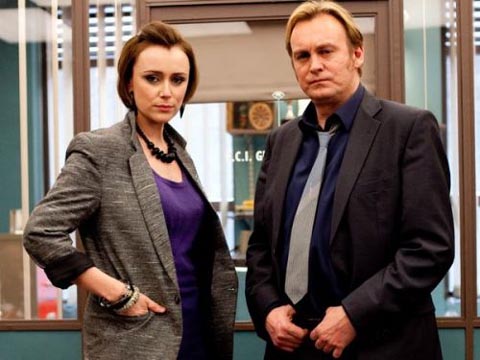


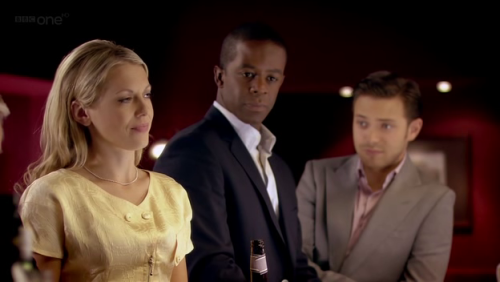

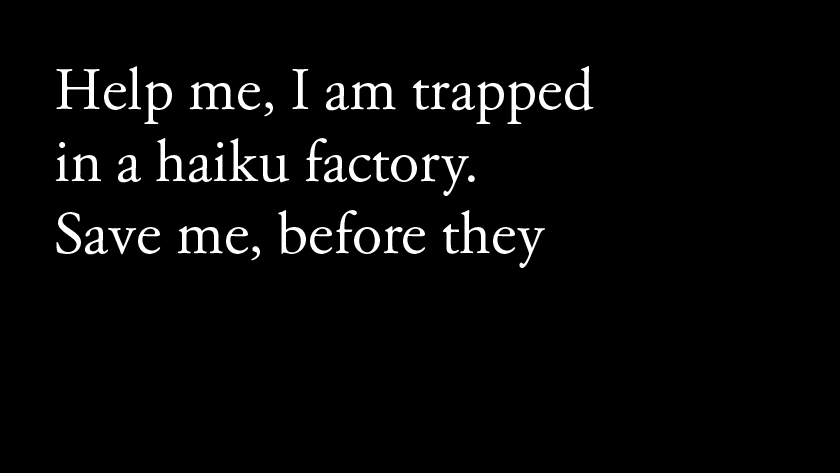
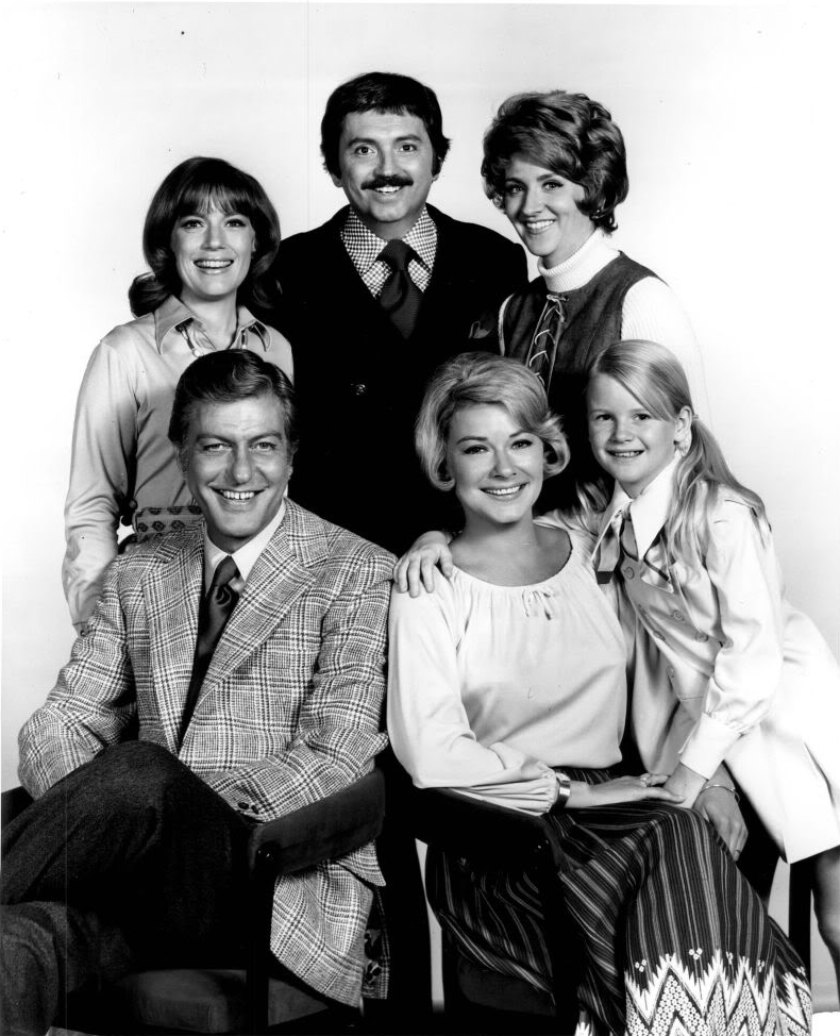
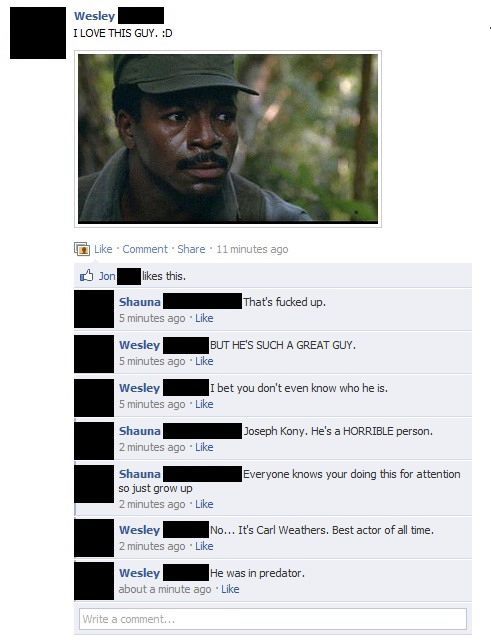
I’m pretty sure I have said it before, but my definition for reality TV is television formats turned inside out, and generally unscripted.
First incarnation: celebrities pretending they are everyday people. The camera shots are usually done to look like common camcorder video or documentary. The amusement begins when everyday people watch the show and see they are nothing like them.
The Simple Life (with Paris Hilton and Nicole Richie), The Osbornes, and Tommy Lee Goes to College are all examples.
Second incarnation (more common): everyday people pretending they are celebrities. Quite a few shows use a format common to television already: drama, sitcom, romance, etc. These formats generally remain in place even though everything is unscripted.
Again, the amusement ensues when viewers realize their fellow everyday people are doing this completely unprofessionally, and generally without any skill.
Examples include Road Rules (adventure format), Big Brother (sitcom/drama), Trapped In a Japanese Gameshow (game show), etc. Every now and then they’ll just use an old show lock, stock, and barrel, like the Gilligan’s Island reality TV show… just replace the original characters with untrained people.
Wikipedia compiles some definitions more complex than this, but again, I say reality TV is simply where everything is turned inside out, no scripts, and then everyone is supposed to laugh at the ironic juxtapositions.
Based on either your (which I like) or my definition, many of those Emmy nominees should not qualify.
Agreed, Jack.
The Wikipedia entry is worth a read, at least for the “History” section of the article. In other words, what it considers the forerunners to modern reality TV includes the Gong Show and other unscripted game shows, talent scouting shows, and so forth.
Therefore, these nominees may compare quite favorably to some of these forerunners, but they are definitely not within modern definitions. I especially think Mythbusters is a stretch, even by comparison to the old shows.
I’d rather not read Wikipedia, so I will take your word for it! These earlier shows may be forerunners, in the same way the horse and cart were forerunners of the truck, but a truck doth not the horse and cart make!
Here in LA, one learns to take the descriptor “reality show” has a variety of meanings. It could be Jersey Shore type of content. It could be pickers or pawn stars type of content which is more documentary in its’ own way. I love the latter, not the former. It’s a catch-all phrase that doesn’t allow for the faux reality that’s actually scripted to be distinguished from more documentary shows. These true reality or documentary shows are not docu-dramas where things are scripted (think of historical shows where they are reading diaries, letters about historical events)
They need to make distinctions because it’s like game shows competing against soap operas. Very distinct differences.
Fully agreed, Stevie, especially ‘It’s a catch-all phrase that doesn’t allow for the faux reality that’s actually scripted to be distinguished from more documentary shows.’ Even some of those talent shows have some scripting and I am certain Mythbusters does, too.